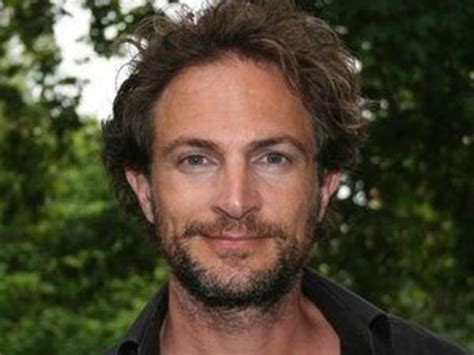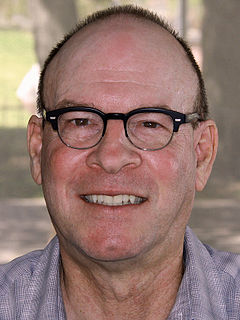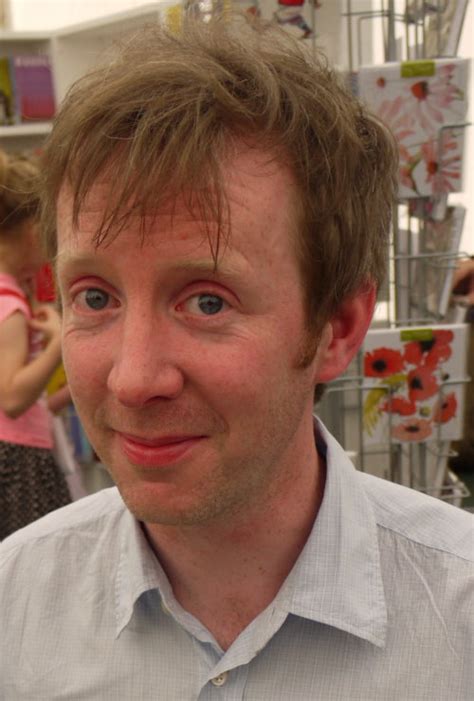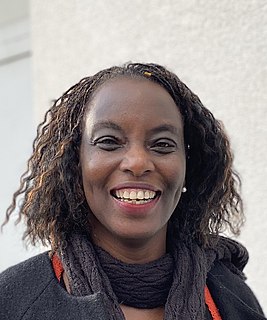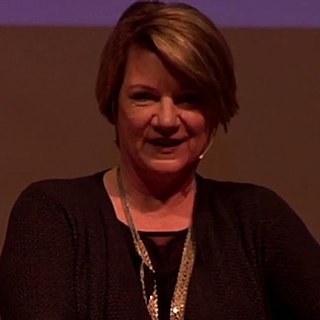A Quote by Zara Cox
I'm quite adept at writing two or sometimes even three stories at once. So if I get stuck on one story, I switch the next and let my subconscious work on unraveling any plot problems from another story.
Related Quotes
Like a lot of us, sometimes I'm preaching to the choir, and sometimes my voice doesn't even get heard at all. Sometimes I think that what I'm writing now might not even have an impact for the next three or four generations. Sometimes I sit there and write, and I think, "It'll be two hundred years before they get what I'm writing about."
Yes, I get dry spells. Sometimes I can't turn out a thing for three months. When one of those spells comes on I quit trying to work and go out and see something of life. You can't write a story that's got any life in it by sitting at a writing table and thinking. You've got to get out into the streets, into the crowds, talk with people, and feel the rush and throb of real life-that's the stimulant for a story writer.
I believe the only way a writer can keep himself up to the mark is by examining each story quite coldly before he starts writing it and asking himself if it is all right as a story. I mean, once you go saying to yourself, 'This is a pretty weak plot as it stands, but I'm such a hell of a writer that my magic touch will make it okay,' you're sunk. If they aren't in interesting situations, characters can't be major characters, not even if you have the rest of the troop talk their heads off about them.
Maybe instead of strings it's stories things are made of, an infinite number of tiny vibrating stories; once upon a time they all were part of one big giant superstory, except it got broken up into a jillion different pieces, that's why no story on its own makes any sense, and so what you have to do in a life is try and weave it back together, my story into your story, our stories into all the other people's we know, until you've got something that to God or whoever might look like a letter, or even a whole word.
There are a lot of college writing textbooks that will include essays and short stories, and after reading the story or essay, there will be questions such as "Have YOU Had any experience with a pedophile in YOUR family?" or "When was the last time you saw YOUR mother drunk?" and they're just really good at prompting stories. You answer the question, and sometimes that can spring into a story.
Chris Claremont once said of Alan Moore, "if he could plot, we'd all have to get together and kill him." Which utterly misses the most compelling part of Alan's writing, the way he develops and expresses ideas and character. Plot does not define story. Plot is the framework within which ideas are explored and personalities and relationships are unfolded.
For people who are coming out of an oral tradition, it is very exciting to get into reading and writing and it is quite interesting how frequently people want to write their own story. Sometimes it is straight history - this is how we came about, how our town was created, a lot of that kind of effort, as soon as literacy came. The first thing you wanted to do was to put something down about who you are or how you are related to you neighbors. Then the next stage would be the stories, the cultural part of the story: this is the kind of world our ancestors made or aspired to.


